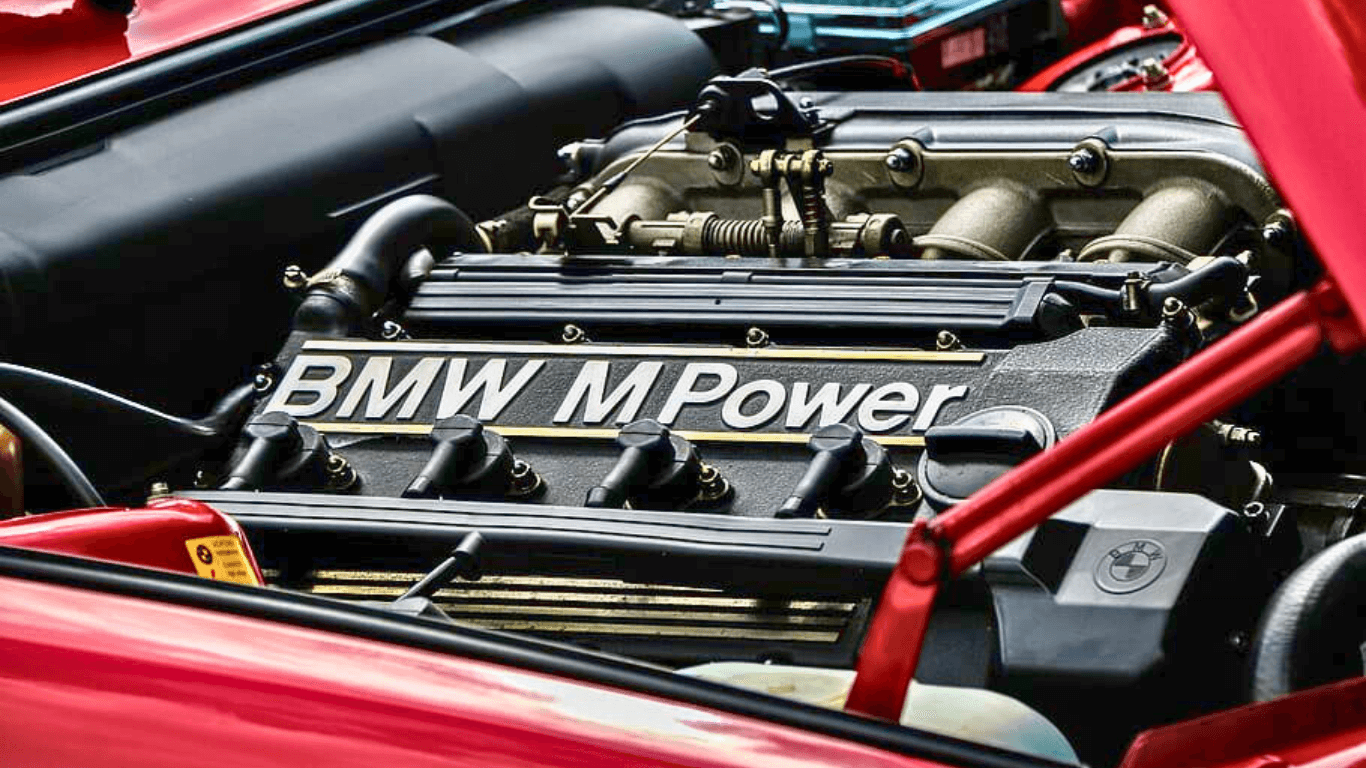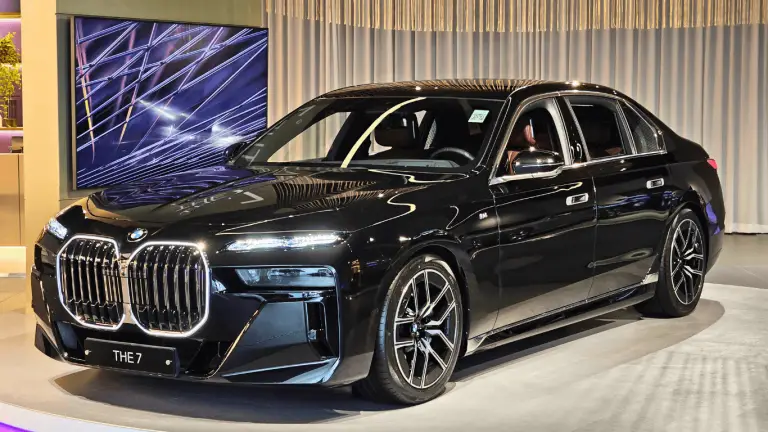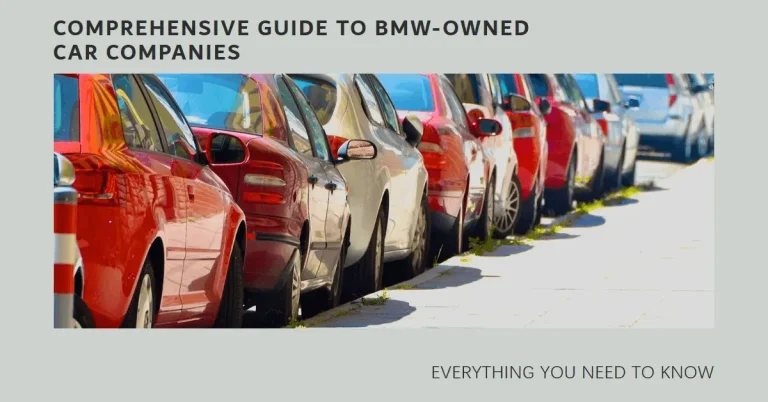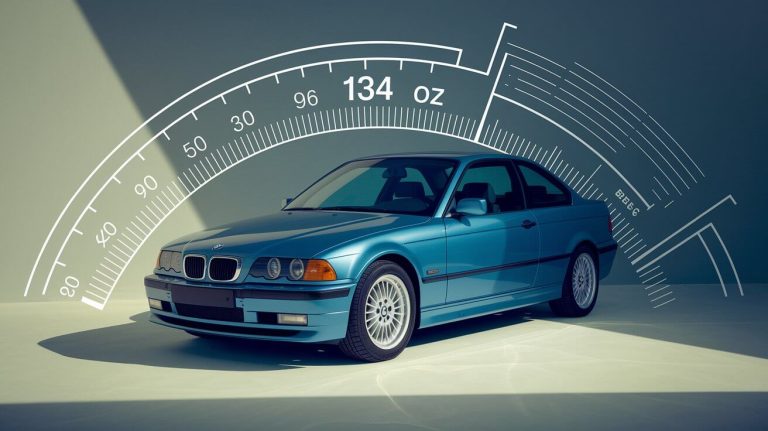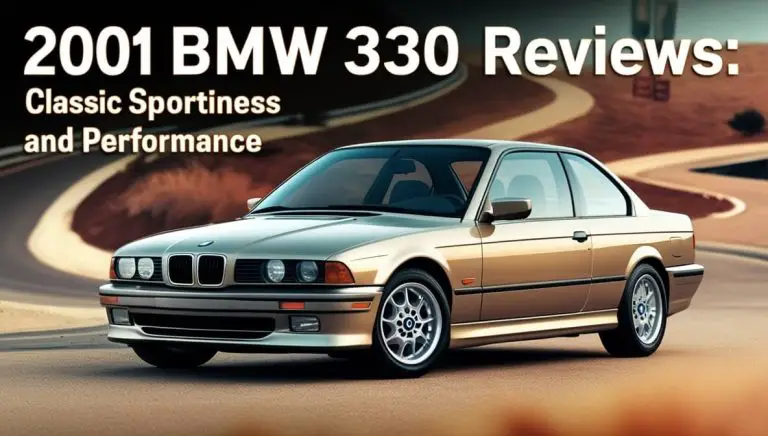How Long Do BMW Engines Last? Answers on Life Expectancy
BMW is renowned worldwide for engineering powerful and reliable engines that can go the distance. But how many miles can you expect to get out of your BMW’s engine before it needs major repairs or replacement?
With proper maintenance and good driving habits, most BMW engines have the potential to reach 200,000 miles or more. However, there are many variables that affect the lifespan of a BMW engine.
In this detailed guide, we will cover all the key questions buyers and BMW owners have about BMW engine life expectancy across models:
- How many miles do BMW engines typically last?
- Which BMW engine models are most durable?
- What type of driving impacts BMW engine longevity?
- How can you extend the life of your BMW engine?
- When do BMW engines need to be rebuilt or replaced?
By understanding the typical lifespan of BMW engines and the factors that affect longevity, you can make informed decisions and optimize your engine maintenance to get the maximum life out of your BMW. Let’s dive in.
Typical Lifespan of BMW Engines by Model
BMW engines are known for their impressive longevity and it’s not uncommon to see them reach over 200,000 miles with proper maintenance. However, lifespan varies across BMW models and engine types.
Here’s an overview of the typical mileage life expectancy you can expect from different BMW engine families before major repairs are needed:
- BMW M50/M52 inline-6 engines – These smooth and powerful 6 cylinder engines found in various 3-series and 5-series models from the 90s are good for over 200,000 miles. With great care, some have reached 300-400k miles.
- BMW M54 inline-6 engines – This successor to the M52 engine found in BMW 3 and 5-series models is also capable of reaching 200,000+ miles comfortably.
- BMW N52 inline-6 engines – This engine family introduced in the early 2000s also has a long lifespan of up to 250,000 miles.
- BMW N55 turbo inline-6 – BMW’s modern twin-scroll turbocharged 3.0L 6 cylinder lasts over 150,000 miles with diligent maintenance.
- BMW N63 V8 engines – Though powerful, these 4.4L V8s in 7-series, X5, and X6 models have commonly reported problems and need more maintenance. Expect 130-150k miles.
- BMW B58 inline 6-cylinder – One of BMW’s newest engines found in the 3, 5, 7, and Z series has been hailed for its durability and tunability. It regularly lasts past 200,000 miles.
High Mileage Examples: While 200,000 miles is average for a well-maintained BMW engine, there are plenty of examples of specific BMW engines lasting 300-400k+ miles, especially naturally aspirated inline-6 models. With meticulous care and maintenance, these long-running engines can join the “high mileage club”.
Which BMW Engines Are Most Durable?
Over decades of engineering motorsports derived engines, BMW has built a reputation for smooth, powerful, and long-lasting engines. But some BMW engine families stand out for their impressive reliability and durability. Here are some of the most durable current and older BMW engine models:
BMW M52/M54 Inline-6
The naturally aspirated inline-6 cylinder M52 and M54 engines used from the 1990s to mid 2000s are considered one of BMW’s most reliable engines ever produced. Found in various 3-series and 5-series cars, these smooth inline-6 motors regularly reach over 200,000 miles even with high mileage. With proper maintenance they can exceed 300k and even 400k miles as attested by members of the high mileage club.
BMW N52 Inline-6
This naturally aspirated inline-6 found in many 2000s-era BMWs like the 328i is regarded as one of BMW’s most trouble-free engines. It improved upon the M54 design with features like magnesium-aluminum composite construction to save weight. The N52’s proven longevity and low repair frequency make it a very cost-effective used BMW to buy.
BMW B58 Inline-6
BMW’s newest turbocharged inline-6 engine family sees extensive use across their lineup from the 3-Series to X5. It combines a twin-scroll turbo, direct injection, and other tech to produce big power while maintaining smoothness and reliability. The B58 is quickly gaining acclaim among BMW enthusiasts for its tunability and longevity.
BMW S65 V8
This high-revving naturally aspirated V8 powered the E90 M3 from 2007-2013 and was factory rated by BMW for 109,000 miles. But owners have reported getting double that when properly maintained. The S65 V8 responses eagerly to mods while exhibiting durability that defies expectations.
BMW Engines to Avoid
On the flip side, some BMW engine families have common flaws or reliability issues to be aware of if buying used:
- BMW N63 V8 – This twin-turbo V8 engine found in many BMWs from 2007 onward is notorious for expensive fuel injector and oil leak problems.
- BMW N54 turbo inline-6 – The N54 engine that debuted on the 335i and 135i suffered wastegate and fuel pump issues. Maintenance costs are higher than the naturally aspirated inline-6s.
- BMW M57 diesel inline-6 – The M57 diesel has expensive emissions equipment failures. Fuel injector problems are common after 100k miles.
- BMW N47 4-cylinder diesel – The N47 engine found in BMW 1-Series, 3-Series and X1 models has timing chain defects that can cause catastrophic engine failure.
While any engine can last long with meticulous care, the engines above have more widely reported issues to research before purchasing used. Opting for a well-documented BMW with service records can help avoid headaches.
Driving Habits That Shorten or Extend BMW Engine Life
How you actually drive and care for your BMW makes a big impact on engine longevity. Certain driving habits are known to shorten the lifespan of a BMW engine, while others can help extend its years of faithful service:
Habits That Shorten BMW Engine Life
- Aggressive Driving – Frequent speeding, rapid acceleration, revving the engine, and redlining excessively stresses engine components and increases wear. This lowers engine life compared to gentle acceleration.
- Stop-and-Go Traffic – Frequent short trips and stop-and-go commutes prevent the engine from reaching optimal operating temperature. This leads to moisture buildup which damages seals and gaskets.
- Short Trips – Short trips less than 10 miles can double engine wear over time. BMW engines require longer drives to properly lubricate all components.
- Overheating – Letting your BMW consistently overheat by ignoring warnings causes head gasket failure, warpage, and other catastrophic damage.
- Lugging the Engine – Driving in too high of gear strains the engine and can damage the crankshaft. Downshift when needed.
- Skipping Maintenance – Lack of routine maintenance like oil changes greatly reduces BMW engine life by allowing sludge buildup and excess wear.
Habits That Extend BMW Engine Life
- Following Maintenance Schedule – Stay diligent with factory recommended oil change intervals, fluid flushes, gasket replacements and tuning. Use BMW-certified mechanics.
- Allowing Proper Warm Up – Let the cold engine gradually warm up to operating temperature before hard acceleration to prevent excess wear.
- Easy Break-in Period – Carefully break-in a new BMW engine the first 1,000 miles with varied RPMs and moderate acceleration to properly seat components.
- Changing Oil Regularly – Use high quality synthetic oil and change at least every 7,500 miles to prevent sludge that damages engines.
- Letting Engine Cool Before Turn Off – Avoid abruptly shutting off an overheated BMW engine. Let it idle 5 minutes so cooling can occur gradually.
- Addressing Leaks Quickly – Fix any oil or coolant leaks immediately to prevent oil starvation or overheating damage. Monitor fluid levels.
Good driving habits along with diligent maintenance are key to maximize the lifespan potential of your BMW engine. Treat your engine well and it will reward you with years of smooth, spirited performance.
Maintenance Tips to Increase BMW Engine Longevity
While BMW engines are designed for the long haul, they require comprehensive maintenance to reach their maximum lifespan. Here are key maintenance tips to optimize for longevity:
Follow Factory Maintenance Schedule
BMW sets a comprehensive maintenance schedule for each model tailored to that engine’s needs. Following it diligently is vital – don’t cut corners or ignore scheduled services. For older BMWs, consult BMW owner forums to adapt schedules as components age. BMW engines last longest with proactive maintenance.
Change Oil Regularly
Frequent oil changes are among the best ways to extend BMW engine life. Use quality synthetic oil and change at least every 7,500 miles – or more often for forced induction engines. This prevents harmful sludge buildup and adds longevity between other major services. Never stretch changes beyond 10k miles.
Use OEM or BMW Specialty Parts
Stick with OEM BMW or top BMW specialty parts brands when components need replacement. Aftermarket parts often don’t live up to BMW’s engineering standards and quality control. Pay now or pay later in repairs down the road.
Upgrade the Cooling System
BMW engines run hot, so upgrading beyond the OEM plastic cooling components to metal components improves reliability. Consider replacing the water pump, radiator, hoses and belts with improved versions available. Prevent overheating issues.
Clean Fuel Injectors
Over years of use, BMW fuel injectors get coated in deposits that hurt performance and economy. Every 50k miles, use a reputable fuel injector cleaner additive with multiple fill-ups to remove deposits and restore spray pattern.
Fix Oil Leaks Promptly
Due to the high pressures inside, BMW engines are prone to oil leaks as gaskets age. Be diligent about monitoring levels and immediately diagnose and fix leaks when found. Prevent catastrophic damage from oil starvation.
Replace Timing Components
The timing chain, guides, and tensioners are common failure points on many BMW engines past 100k miles. Many BMW specialists recommend preemptive replacement for reliability – before they fail and cause expensive repairs.
By being proactive with maintenance using quality components, you enable your BMW engine to last to well over 200,000 miles and beyond. Don’t skimp on taking care of your investment.
When Do You Need to Rebuild or Replace a BMW Engine?
With advanced age and mileage, BMW engines inevitably wear out and require a rebuild or replacement. But when is the right time to take this major step?
Here are signs it may be time for an engine rebuild or replacement:
- High mileage over 200,000 miles – BMW engines can last this long, but it’s a good time to assess condition thoroughly.
- Loss of compression – This major issue indicates piston ring and valve wear will necessitate rebuilding the engine.
- Sludge buildup – Excess engine sludge can only be fully cleaned via rebuilding. Prevent this with frequent oil changes.
- Oil consumption over 1 quart per 1,000 miles – Burning excessive oil points to internal wear a rebuild will address.
- Overheating – If overheating caused cylinder head warpage or head gasket failure, the head or entire engine may need rebuilding or replacing.
- Timing chain failures – A loose timing chain indicates the engine has extensive wear and tear. Rebuild or replace.
- Low oil pressure – Abnormally low oil pressure at idle signals excessive internal clearance requiring a rebuild.
- Knocking or ticking – These sounds can mean rod or main bearing failure, requiring a full rebuild.
The cost of rebuilding a BMW engine can range from $2,000 for a basic rebuild up to $4,000+ for a performance build with new pistons, bearings and other forged components.
Replacing a BMW engine with a used unit generally costs between $3,000-$6,000 including labor. A new crate engine from BMW can cost over $15,000 but comes with a warranty. Weigh costs vs value of the car.
Conclusion
While today’s BMW engines are very well engineered, nothing lasts forever. But with diligent maintenance and care, most BMW engines have the potential to reach well over 200,000 miles if properly maintained. Checking for problems early and addressing them quickly is key to maximize the lifespan of your BMW engine.
Hopefully this guide gave you a better understanding of the impressive longevity BMW engines can deliver and how you can optimize maintenance to keep your engine running smoothly for years to come. By following the best practices outlined and not skimping on preventative maintenance, your BMW will reward you with many miles of exhilarating performance.

